This afternoon (August 28), the Vietnam Green Finance 2025 Conference was jointly organized by S&I Ratings Joint Stock Company and Fitch Ratings Inc - one of the three largest credit rating companies in the world .
Businesses are increasingly concerned about ESG
Globally, ESG (environmental, social, corporate governance) has gone beyond the realm of trends to become a mainstay in the business strategies of major corporations.
A 2023 McKinsey report found that 83% of 2,000 global executives surveyed said they had integrated ESG into their corporate strategy, not only for legal compliance but also to increase long-term value.
In Vietnam, green finance is considered the key to realizing the strategy of green growth and sustainable development. Although it is still a new concept, Vietnam has recorded significant progress, especially in the context of economic integration and international commitments such as Net Zero 2050 at COP26.
According to PwC Vietnam, in 2022, only 35% of listed companies on the Ho Chi Minh City Stock Exchange (HoSE) had a specific ESG plan. However, by 2023, this number had skyrocketed to 66% according to a survey by KPMG, reflecting a strong shift in awareness and actions of Vietnamese businesses.
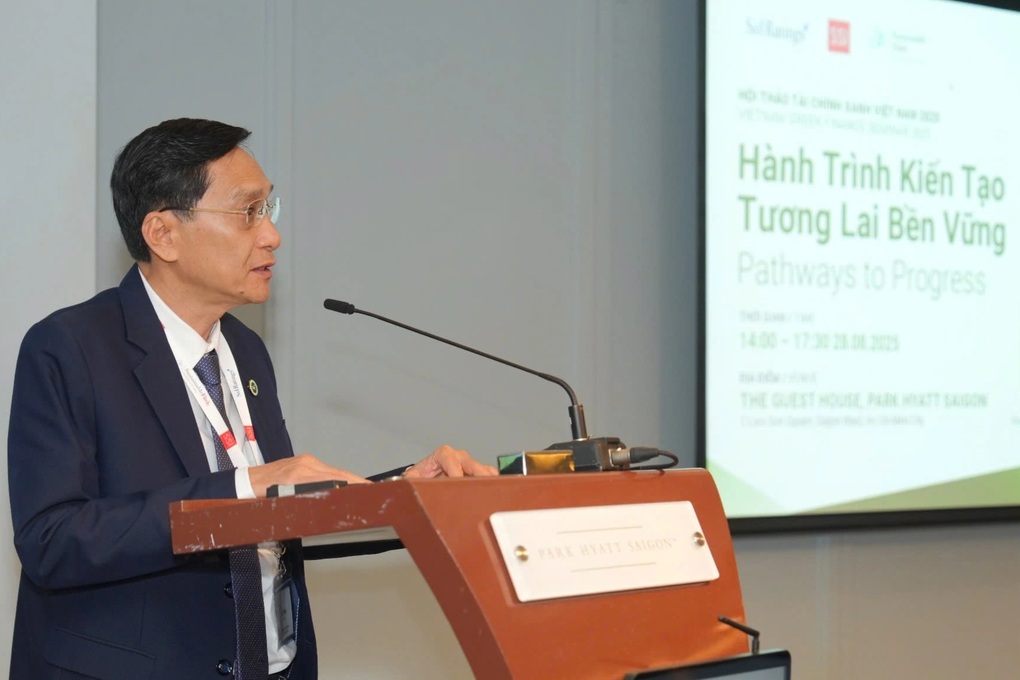
A representative of the State Securities Commission said green bonds are a special financial tool that helps businesses raise capital for green projects (Photo: BTC).
Speaking at the workshop, Mr. Le Nhi Nang - Chief Representative of the State Securities Commission (SSC) office in Ho Chi Minh City - admitted that in recent years, Vietnam has shown a strong commitment to the international community on green development, especially the goal of achieving net zero emissions by 2050 stated in the statement at COP26.
One of the green financial instruments currently incorporated into the Law on Environmental Protection is green credit and green bonds. In particular, green bonds, as a specific financial instrument, not only help businesses mobilize capital for environmentally friendly projects but also create spillover value for the community, contributing to promoting economic restructuring towards greening.
Mr. Nang said that state management agencies have made great efforts to improve the legal framework. In particular, the issuance of the Green Classification List under Decision No. 21/2025 of the Prime Minister is an important institutional step, helping to direct capital flows into priority areas.
The State Securities Commission is also updating the Green Bond Handbook to address the challenges in accessing and implementing green financial instruments. This instrument is still quite new and complex for many businesses, especially the requirements for ESG information disclosure and post-issuance monitoring.
Sharing the same view, Ms. Hoang Viet Phuong - General Director of S&I Ratings - said that the business community's interest in green finance is also increasing. Banks are also actively working to provide capital with attractive incentives for businesses to implement ESG or comply with green regulations.
Energy sector businesses have the most access to green finance, and are expected to expand further to infrastructure, logistics, real estate, agriculture and many other industries.
Challenges to be overcome
However, the representative of the State Securities Commission also frankly admitted the challenges that exist in the green finance market. The cost of issuing green bonds is still not really attractive compared to conventional bonds. The supporting ecosystem, including independent verification, green finance database, and digital technology application in monitoring capital use is still in the process of formation.
To gradually remove obstacles, the Government recently issued Decree No. 119/2025, effective from August 1, clarifying the subjects of application and perfecting regulations to develop the carbon quota and credit market in Vietnam, which is expected to be piloted in the near future.
Ms. Viet Phuong said that when accessing green capital, businesses also have to invest costs and need a third party to confirm compliance with ESG standards. Large businesses have implemented ESG because they see long-term benefits.
She expressed her view that if the business community continues to comply with ESG criteria and receives support policies from the Government, it will gradually have a spillover effect. At that time, smaller businesses will also be interested and gradually apply the ESG path to access capital at lower costs.
At the same time, he also proposed that the Government support loan interest rates for pioneering enterprises implementing ESG or continue to have stronger tax incentive policies.
Source: https://dantri.com.vn/kinh-doanh/thuc-thi-esg-giup-doanh-nghiep-tiep-can-von-voi-chi-phi-thap-20250828191600395.htm




![[Photo] Binh Trieu 1 Bridge has been completed, raised by 1.1m, and will open to traffic at the end of November.](https://vphoto.vietnam.vn/thumb/1200x675/vietnam/resource/IMAGE/2025/10/2/a6549e2a3b5848a1ba76a1ded6141fae)










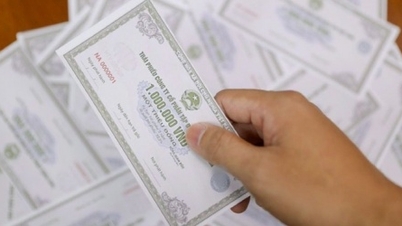


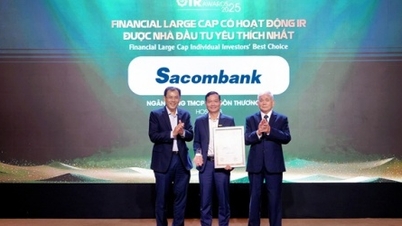
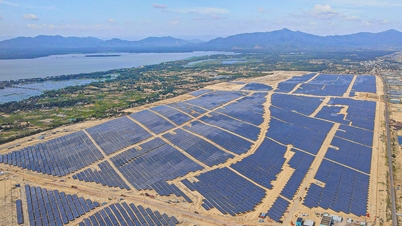

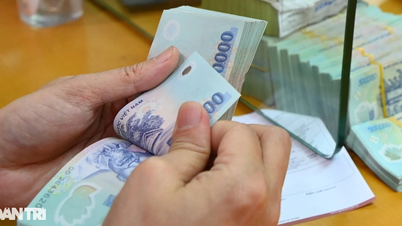


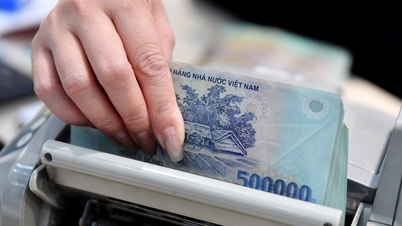


























































![[Infographics] Biography of Central Party Committee Member, An Giang Provincial Party Secretary Nguyen Tien Hai](https://vphoto.vietnam.vn/thumb/402x226/vietnam/resource/IMAGE/2025/10/3/92491af6e2714aeb80cb1cdf831eb18a)

















Comment (0)